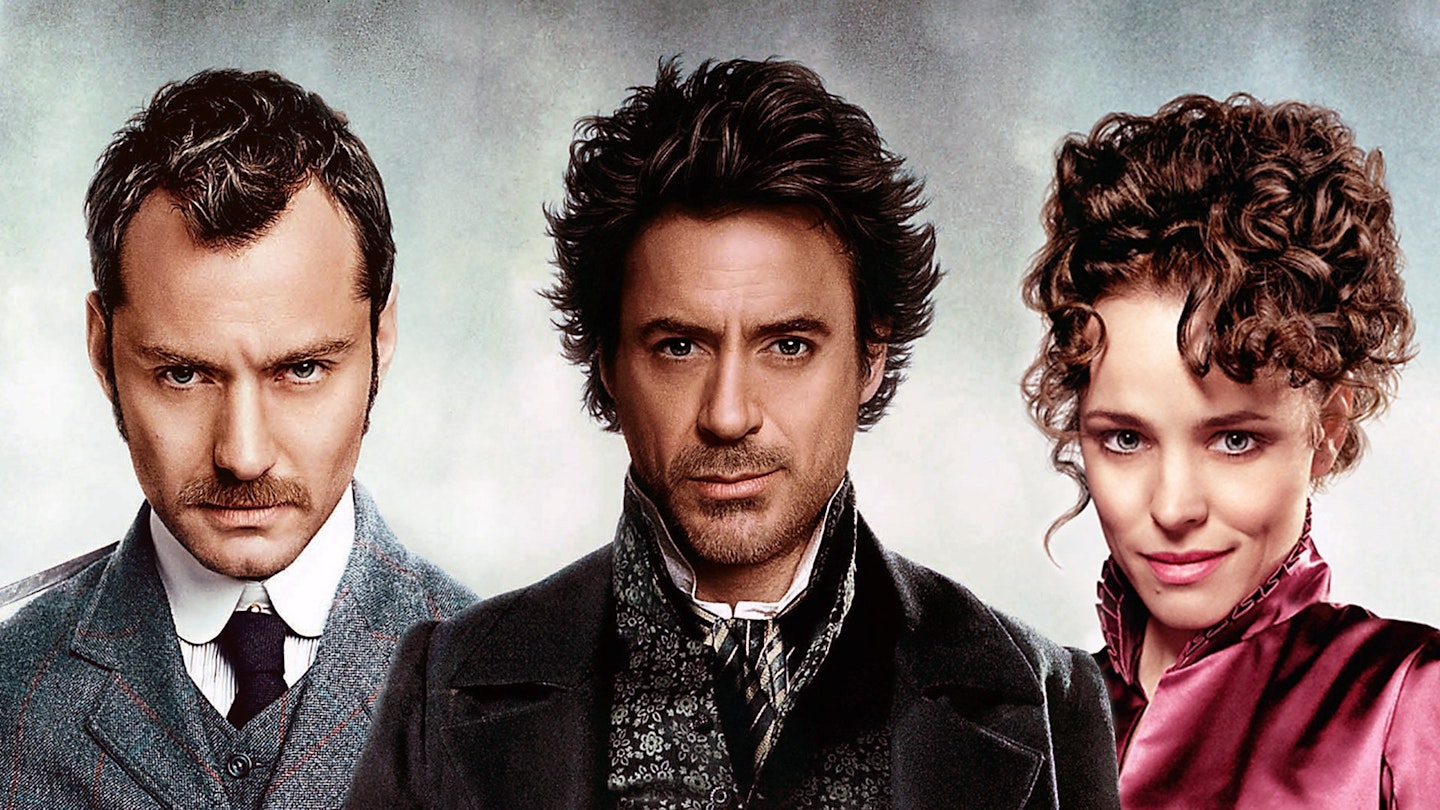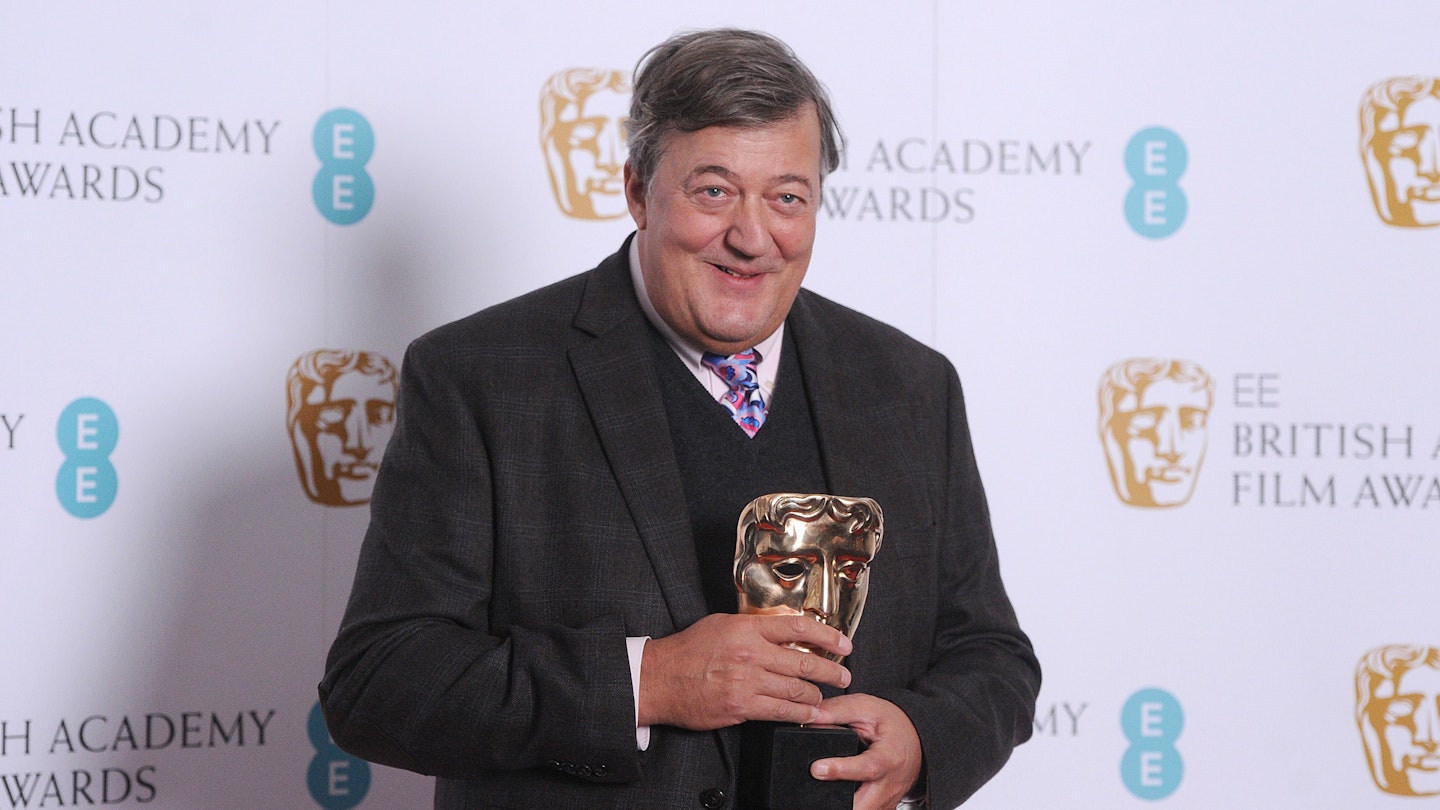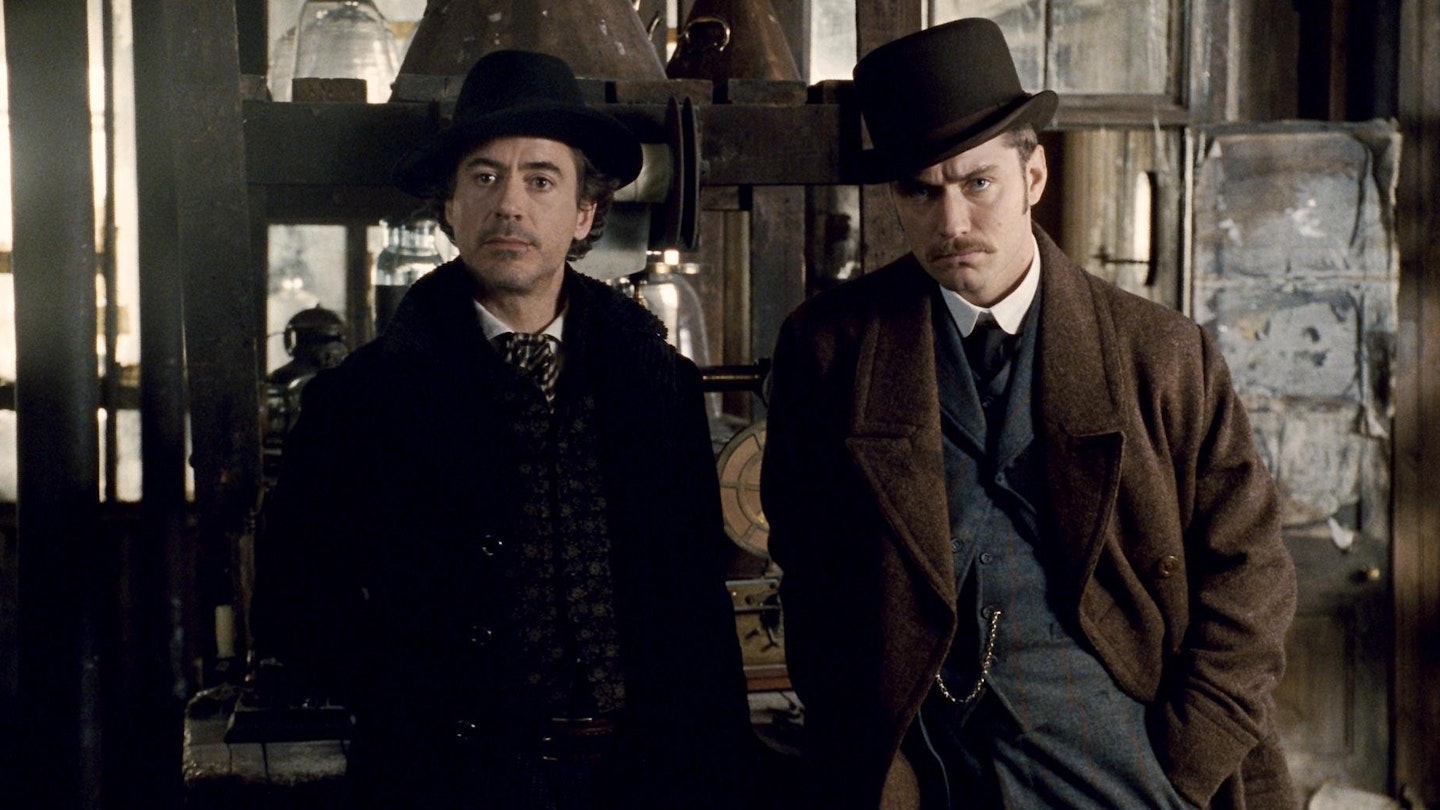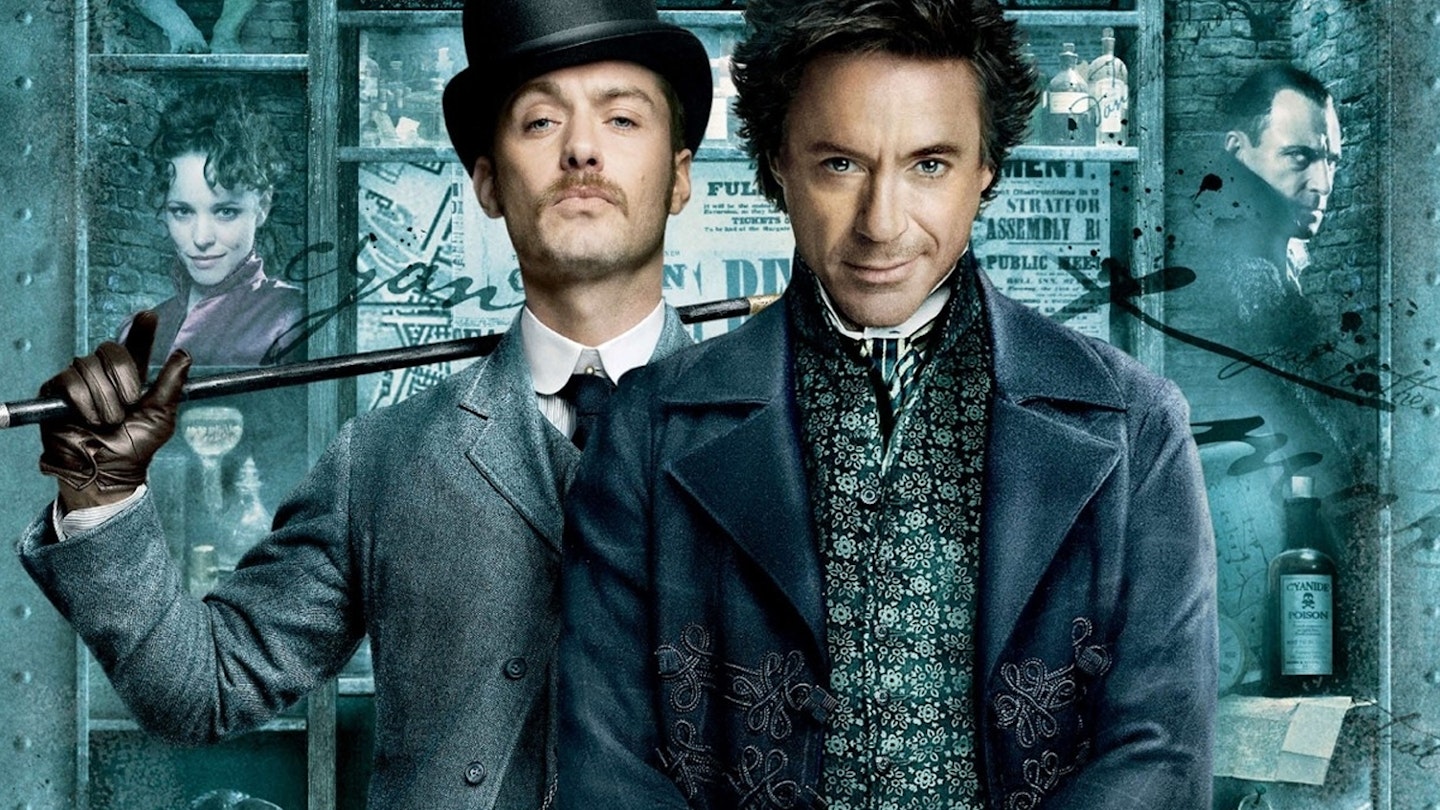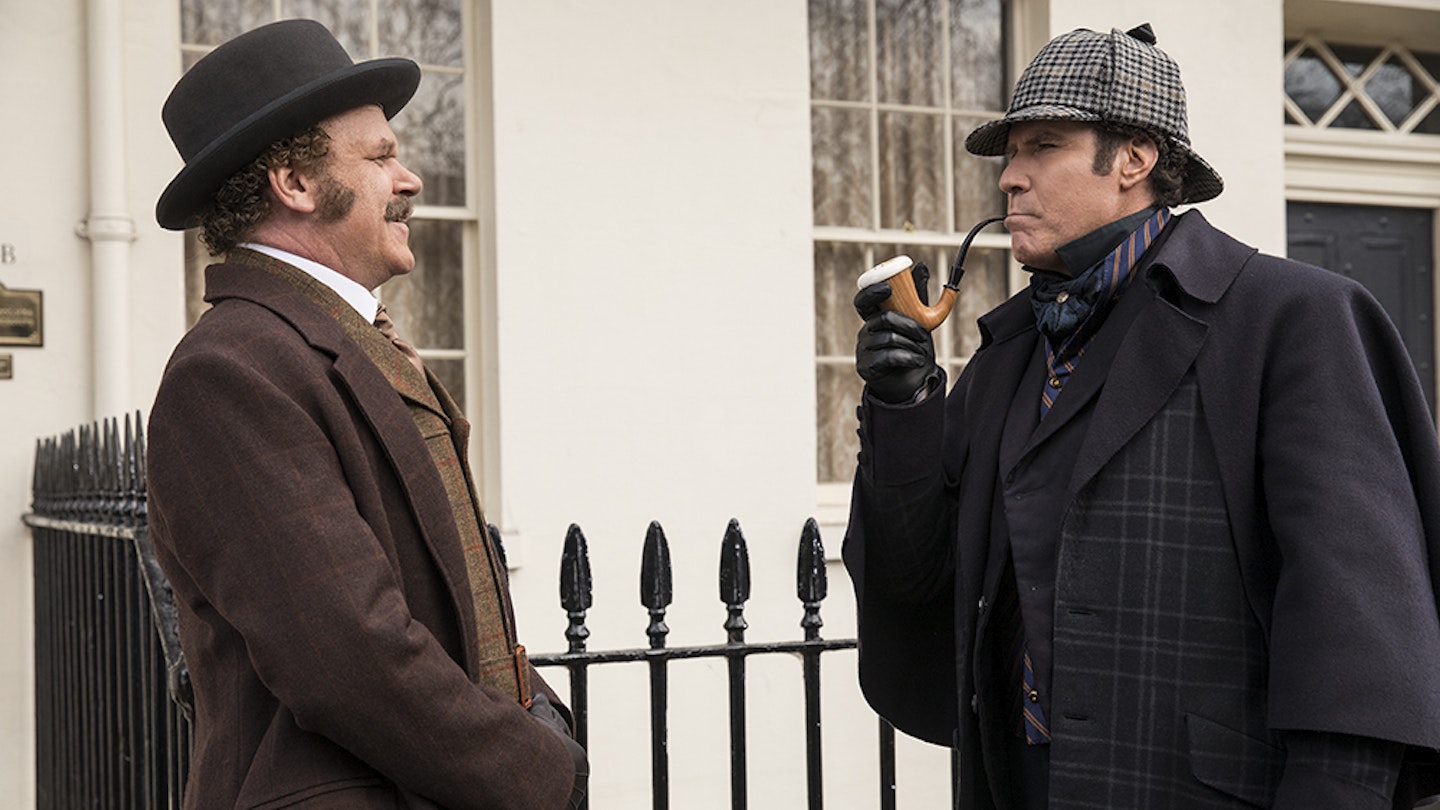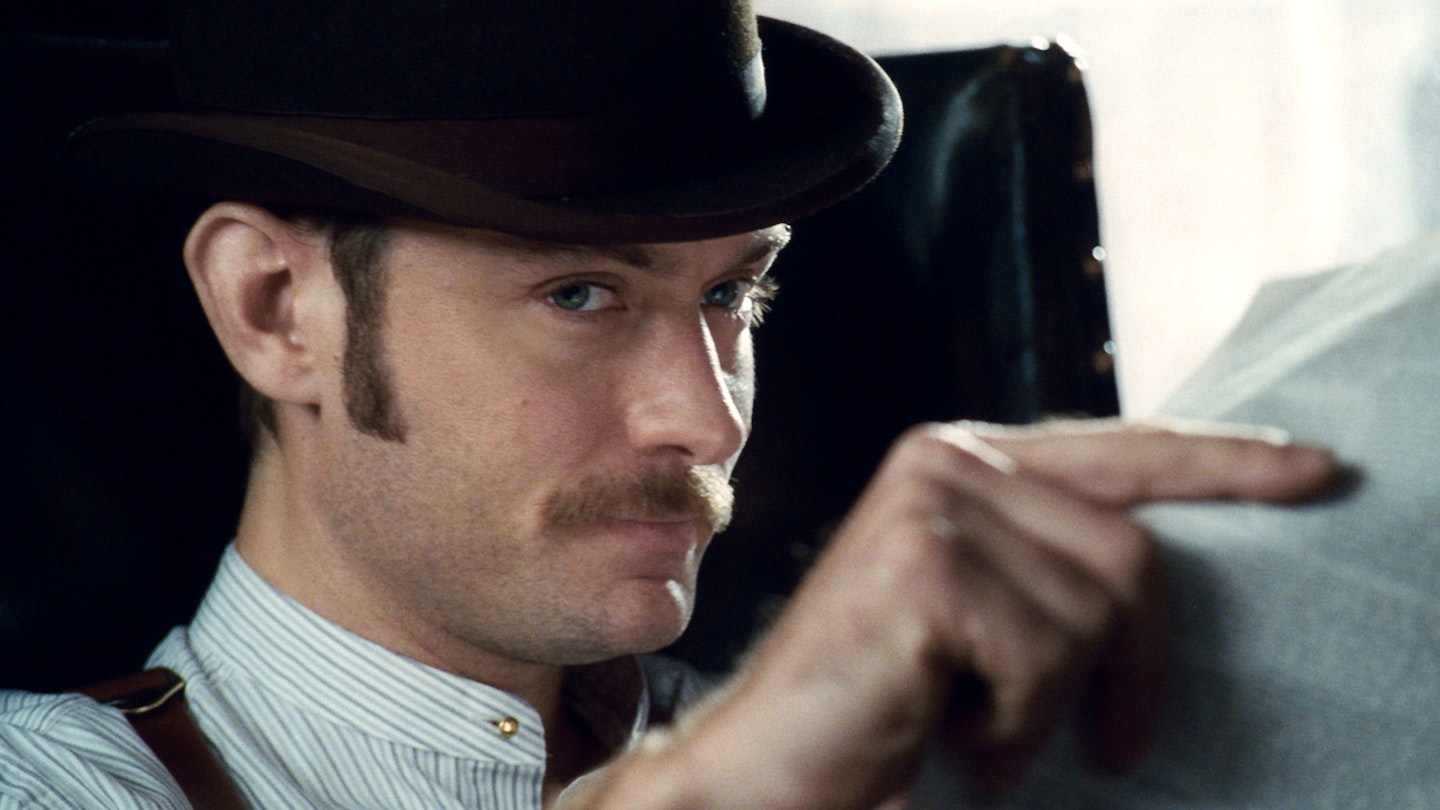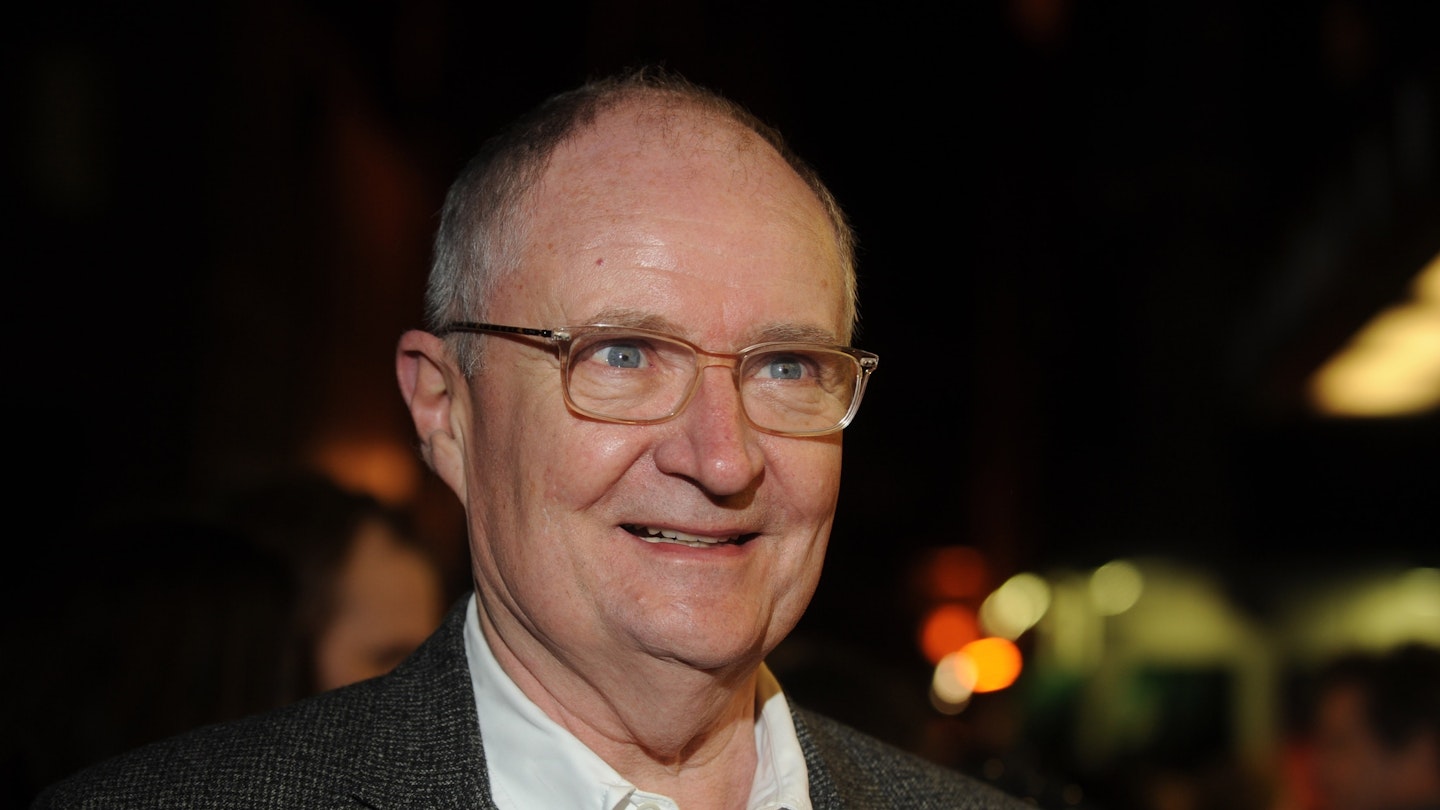So, nobody knows anything. And nobody could have predicted that the star dominating the new century’s blockbuster entertainment would be Robert Downey Jr. His name was once a byword for squandered ability. Now, it means action, laughs, capers, fun. The details of his comeback have been long-detailed, and Jon Favreau deserves the credit for seeing this mercurial talent could be harnessed in a wham-bam family tentpole even as he approached middle age. But still, it’s quite another leap to imagine the rat-tat-tat, verbally diarrhoetic New Yorker as Arthur Conan Doyle’s classic deducer. Kudos too, then, to Guy Ritchie, who imagined him in the (metaphorical) Deerstalker – it proves an idea as ingenious as one England’s greatest detective may well himself have cooked up. To see him as Sherlock Holmes now feels natural, inevitable... Elementary, even.
And what have Ritchie and Downey Jr, these unlikely compadres, set in motion? Well, for all their talk pre-release of Butch and Sundance and Raiders, the more accurate summation is that the movie Sherlock Holmes most immediately echoes is Bryan Singer's first foray into the world of the X-Men.
There is, undoubtedly, much to love in the Redford/Newman dynamic so lovingly, endearingly aped by Downey Jr and Law as Holmes and Watson respectively. Their incessant bickering, their clear love for one another, their escapades with various ladyfolk (who sometimes appear to exist to make it clear to the Middle-American masses that they’re not, y’know, gay or anything) and the numerous scrapes and scuffles they seem inherently predisposed to… It’s a relationship that’s both massively entertaining and convincing, and even survives the occasional bits featuring a farty comedy dog.
The action, meanwhile, though not on a par with the escapades of Indy, largely delivers, from a immediate, Raiders-style pre-credits chase in which our heroes first meet their dastardly nemesis Lord Blackwood, through Holmes’ bare-chested sparring in the local fleapits (the most typically Ritchie element of the movie) and to a climactic second-act showdown on the docks, all slo-mo explosions and high drama.
Ultimately, though, as with Singer's reintroduction of a new generation of long-established characters, this first visit to Baker Street is more successful as a set-up to its sequels than an entirely satisfying story on its own terms. Just as Singer, freed from his origin-story constraints, really flew in X-Men 2, so too should Ritchie come Sherlock's return – delivering on the tantalising promise of a Holmes vs Moriarty face-off hinted at here almost to the point of pricktease and, crucially, taking his heroes on a more globetrotting mission.
Thankfully, frustrating though it sometimes is to never leave it (oh for a colourful waterfall face-off!), Ritchie’s period London is a sexy, murky and mucky variation on the capital he’s always called home. Desaturated and seductive, it’s a brilliantly realised environment rich with possibility and loaded with landmarks for our heroes to lark about on, right up to a terrific climax on a half-built Tower Bridge.
The support cast have mixed results. Mark Strong is as reliably redoubtable as ever as the evil Lord Blackwood and the always brilliant Eddie Marsan is a great target for gags as a bumbling copper. A very game Rachel McAdams, though, as the duplicitous but charming Irene Adler, is fatally edited down to the point that not only does all the prancing about in her pants of the trailer not make the final cut, but her backstory, this mysterious previous relationship with Holmes that could have provided such intrigue and allure, is merely hinted at, discarded presumably in the pursuit of a running time not up there with The Return Of The King. The Director’s Cut.
Given the smarts of its eponymous hero, not to mention the usual breakneck pacing of its director, it’s ironic how plodding the plot can sometimes feel. When he’s directing something he’s written, Ritchie can sometimes go too far the other way, juggling so many subplots it’s hard to keep up. Here, however, the narrative is simply too simplistic, a story that will hardly need much in the way of detective skills to figure out.
Still, the real relationship here is between Holmes and Watson, and it’s here this Sherlock really finds its home: as a lightweight, capricious buddy picture. Each new Jude Law movie may appear to be an excuse for the tabloids to give him a kicking, but this time it’s him dishing out the beating. A very smart choice for him, playing second fiddle as opposed to main event, Sherlock gives you the chance to again appreciate his real screen skills. He delivers charm, vim and matinee idol verve, making for a more muscular Watson than previous incarnations and providing a welcome straight-man and plain speaker when Holmes’ eccentricities occasionally become too much. Here’s looking forward to seeing him and Downey Jr embark on a more exotic adventure next time out.
